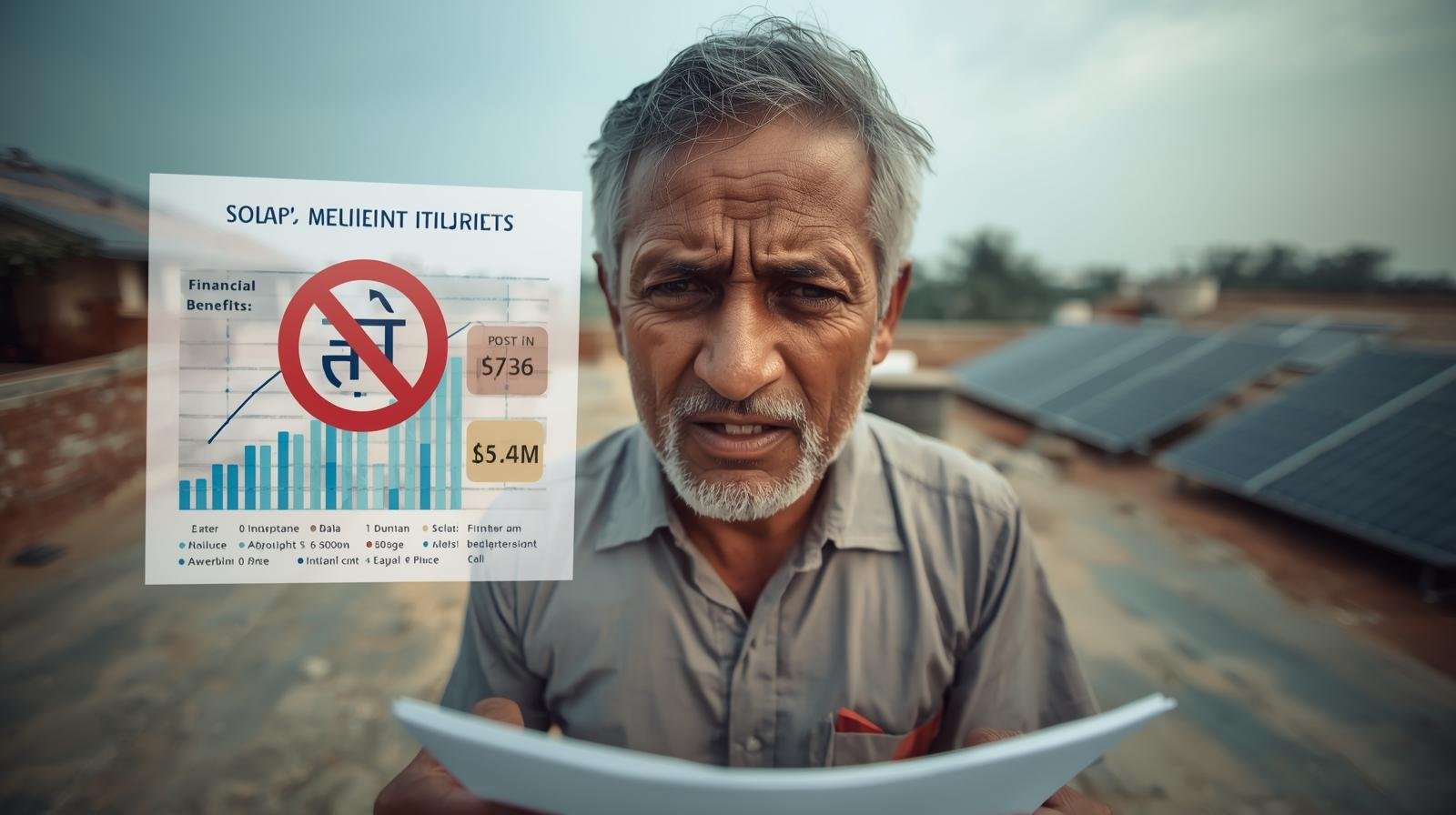Kerala State Electricity Board (KSEB) recently proposed changes that are causing concern among solar prosumers. In addition to switching from net metering to gross metering, reducing compensation rates, implementing Time-of-Day (ToD) billing, and resuming duty charges, these measures are widely criticized as unfair and discouraging.
What Is KSEB Trying to Change?
1. Gross Metering Proposal :Gross metering was pushed by the KSEB. Exports and imports are billed separately under gross metering. It will be eliminating netting benefits. Additionally, they proposed reducing the payout for surplus solar energy from ₹3.22/unit to ₹2.44/unit. The implementation of this system would cause consumers to pay higher electricity bills, despite the system generates electricity from solar power.
2. Time-of-Day
(ToD) Billing for All ProsumersIn spite of the fact that current rules limit ToD to userswith connected loads of up to 20 kW, KSEB has recommended ToD billing for all solar prosumers regardless of load size. Thus, everyone could be subject to a heavy tax on energy drawn during peak hours.
3. Self-Generation Duty Collection. A state budget amendment exempts solar prosumers from energy generation duties, yet KSEB continues to charge 15p/unit on solar-generated electricity.
Why These Recommendations Are Considered Problematic and Discouraging Solar Adoption ? Several policy experts and consumer groups have argued that gross metering undermines years of policy efforts under Kerala’s sustainability mission and will remove the financial incentive for solar adoption.
1.Higher Consumer Bills : There are frequent complaints on prosumer subreddits: gross metering often results in higher bills, especially when exporting power at low rates and consuming at higher rates at night. The guarantee of zero-bill months is no longer guaranteed, even if production exceeds demand.
2.Transparency and Innovation Barriers : The use of fixed charges, ToD billing, and reduced compensation is seen as shortcuts for revenue collection rather than sustainable methods for grid integration.
3.KSERC’s Response & Industry Pushback : Net metering’s pro-solar orientation was reaffirmed by the Kerala State Electricity Regulatory Commission (KSERC) in mid-2022, which rejected KSEB’s gross metering appeal. Net banking settlements from surplus solar generation will be based on the average pooled power purchase cost (APPC) rate of 3.15/unit starting in 2024.
What This Means for Solar Prosumers
|
Proposed Change |
Consequence for Consumers |
|
Gross metering |
Bill surges even if export > import |
|
ToD billing for all |
Higher charges during peak hours |
|
Reduced compensation |
Lower payments for surplus energy |
|
Continued duty charges |
Increases cost despite promise of waivers |
From technical disruptions to growing mistrust, these regulatory shifts threaten Kerala’s solar momentum and erode consumer confidence. The proposed changes by KSEB have sparked widespread concern among solar users in Kerala. It is important for prosumers to remain vigilant despite the rejection of several controversial proposals by the KSERC. It is necessary to advocate for policy changes, create awareness, and consult experts in order to protect solar consumers and ensure Kerala’s solar future remains bright.
Also refer : https://www.ceew.in/gfc/quick-reads/explains/difference-between-gross-metering-and-net-metering


Leave A Comment